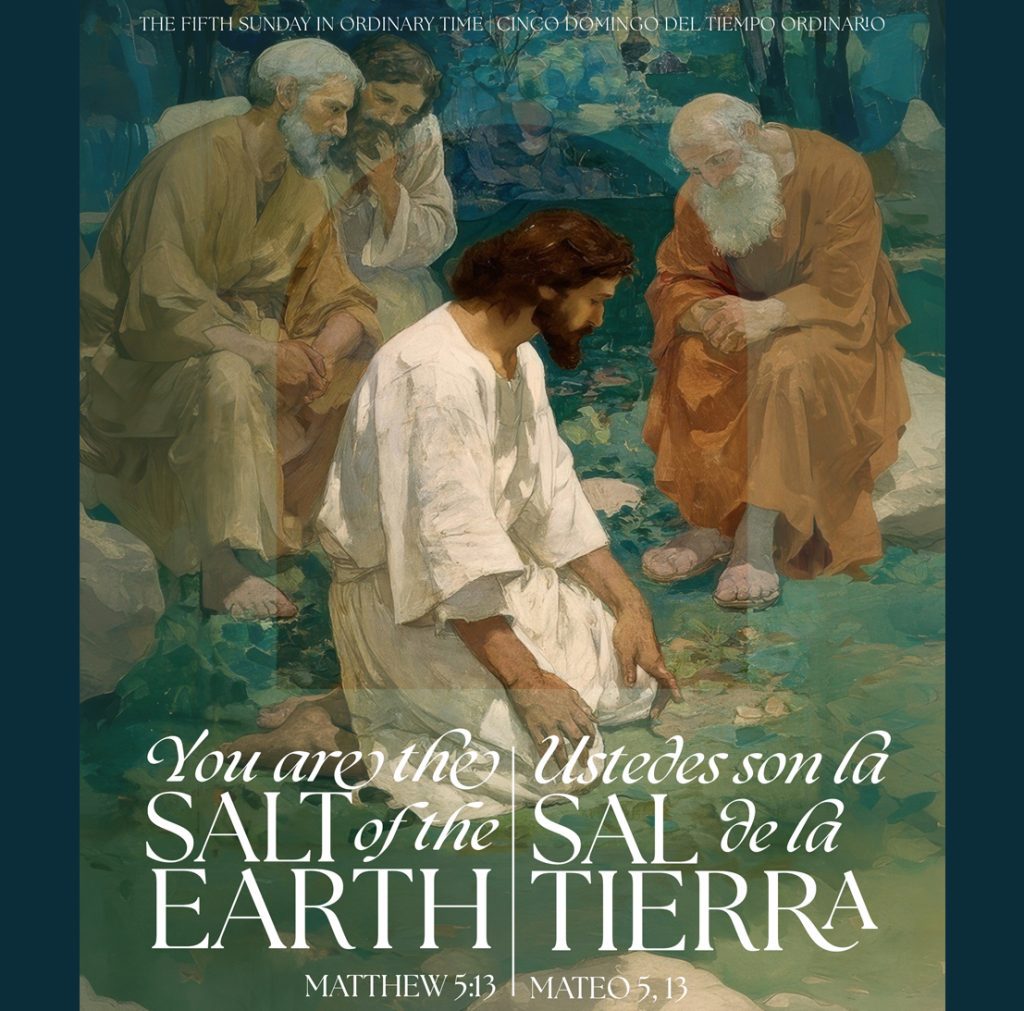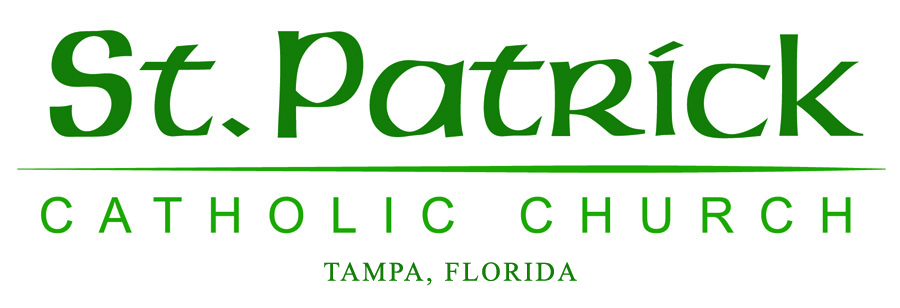Reflection by: Fr. Salvator M. Stefula, T.O.R.
My sisters and brothers in Christ,
May the peace of the Lord Jesus be with you and your family. The words of Isaiah are as true now as they were 2,500 years ago. We can make our world beautiful by the way we treat each other, or we can make it a very unpleasant place to be. If everyone’s only concern is about themselves, the survival of the fittest, few will survive and not be very happy. If we work together, we will do more than survive, we will thrive. Ben Franklin said at the signing of the Declaration of Independence: “We must all hang together, or assuredly we shall all hang separately.”
We will begin the Season of Lent on Ash Wednesday, February 18th. Lent is that beautiful time to reflect on where we are in relationship to our Lord and to our brothers and sisters in Christ. Where am I now and what are the areas of conversion that can help me during this Holy Season? May we all have a holy Lent!
Mis hermanas y hermanos en Cristo,
Que la paz del Señor Jesús este contigo y tu familia. Las palabras de Isaías son tan ciertas ahora como lo fueron hace 2,500 años. Por la manera en que nos tratamos los unos a los otros podemos hacer nuestro mundo maravilloso o podemos hacer que sea un lugar bien desagradable. Si la única preocupación de todos es ellos mismos, la supervivencia del más apto, muy pocos sobrevivirán y no serán muy felices. Si trabajamos juntos, haremos más que sobrevivir, prosperaremos. Ben Franklin dijo durante la firma de la Declaración de la Independencia: “Debemos estar todos juntos, o seguro que todos seremos colgados por separado.”
Comenzaremos el Tiempo de Cuaresma el 18 de febrero, Miércoles de Ceniza. La Cuaresma es ese tiempo maravilloso de reflexión donde estamos en nuestra relación con el Señor y con nuestros hermanos y hermanas en Cristo. ¿Dónde estoy ahora y cuáles son las áreas de conversión que me pueden ayudar durante este Tiempo Santo? ¡Que todos tengamos una Santa Cuaresma!





